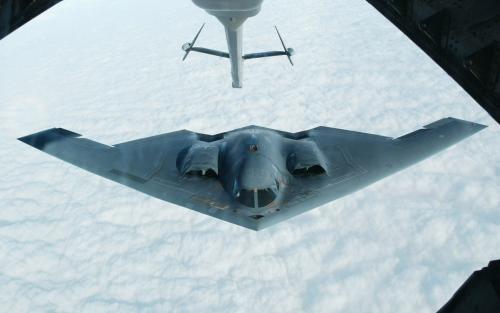Tamara Cofman Wittes regularly posts on a group blog,
Middle East Strategy at Harvard
. Below is her latest blog
posting
, analyzing the significance of the deal between Lebanese factions announced on May 21, 2008.
A Lebanese friend of mine made a close study of the new deal announced today in Doha between Lebanese factions, and didn’t think it was so bad. He argued to me that the deal effectively forbids Hezbollah from using its cabinet representation as a veto on government decisions, and that the electoral law is a net benefit for Lebanese democracy. He further noted that the primary Hezbollah achievement in the deal is not in the new electoral law or in the shuffling of cabinet seats, but in safeguarding their weaponry from any efforts at disarmament of political factions by the Lebanese state.
If this reading of the deal is correct, it says a lot about where Hezbollah’s priorities are, and where their ambitions lie: their armed capability is their paramount concern, not political hegemony inside Lebanon. This is not a domestic agenda, but a regional one—and one that portends more violence. As far as Lebanese democracy is concerned, Hezbollah’s military capability is an absolute bar to effective democracy, whether the deal “allows” them to use their weapons internally or not.
Some suggest that an Israeli-Syrian peace agreement is the best way to neutralize Hezbollah’s armed status—the theory is that a peace agreement would require Syria to end its support for Hezbollah (and Hamas and the other Palestinian rejectionists), thus cutting off Hezbollah’s arms supplies from Iran and reducing its scope for action. I am not optimistic that an Israeli-Syrian deal would have this effect. It seems to me that one clear lesson of the period since the 2006 Lebanon War is that Hezbollah has resources and decisionmaking now very independent from Syria, such that Syria today could not, even if it wished, “deliver” Hezbollah in a deal with the Israelis. Thus, the international community and the status-quo states of the Middle East must now recognize that Hezbollah is a regional power that is here to stay, with ambitions that go far beyond the “defense” of Lebanon’s Shia.
The other elephant in the room, of course, is Iran’s role in the Levant, as revealed by these events. From an Israeli perspective, perhaps a deal with Syria helps in this regard: the testing (and likely failure) of this long-perceived linkage between a Syrian-Israeli peace agreement and the disarmament of Hezbollah would clarify the extent to which Iran has invaded the Levant (via Hezbollah), and thus free Israel’s hands further in confronting this threat. It has long been obvious that Israel perceives the Iranian-Hezbollah-Hamas axis as presenting a far more significant and strategic threat than Syria.
The Brookings Institution is committed to quality, independence, and impact.
We are supported by a diverse array of funders. In line with our values and policies, each Brookings publication represents the sole views of its author(s).



Commentary
Op-edLebanon Rivals Agree to Deal
May 21, 2008